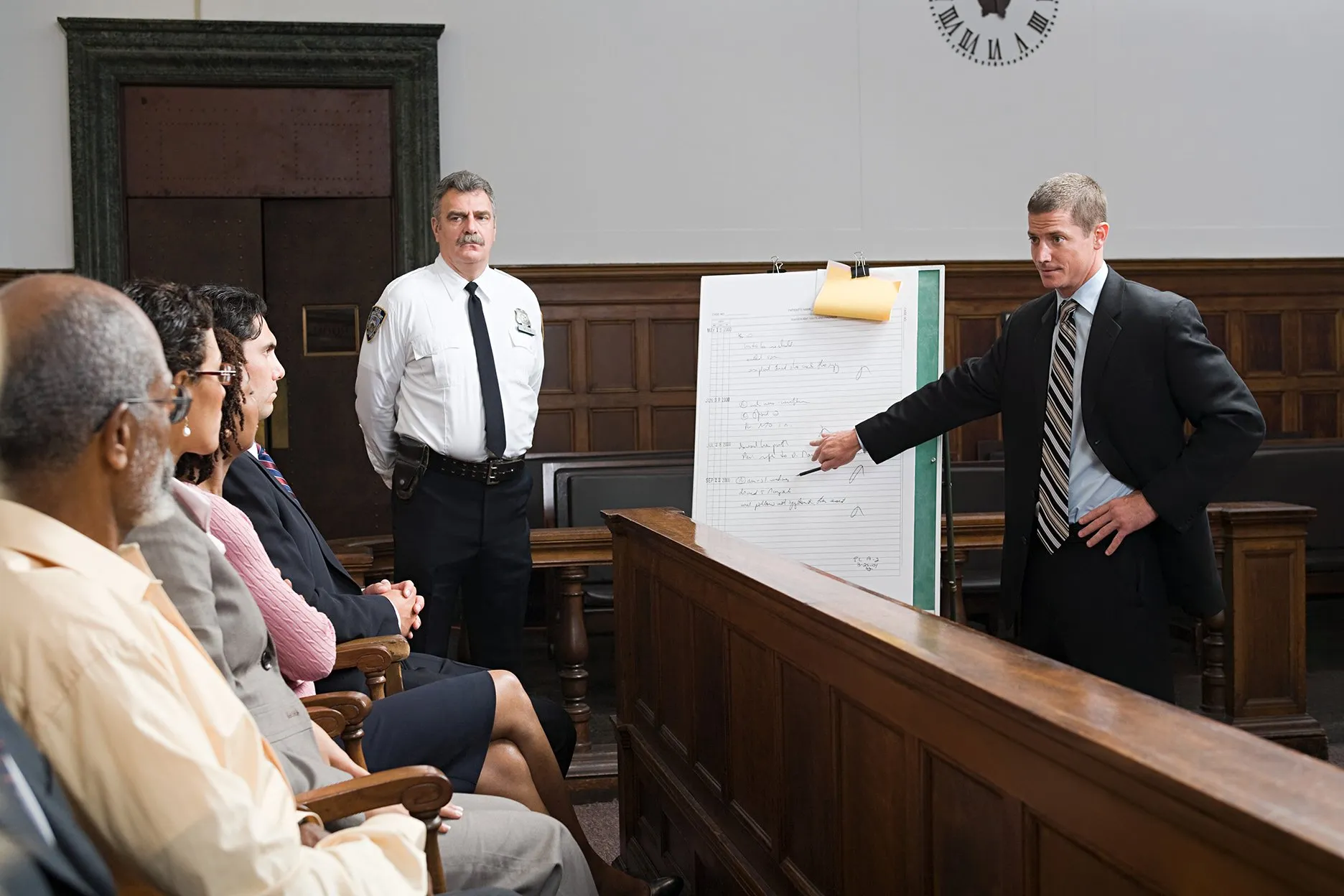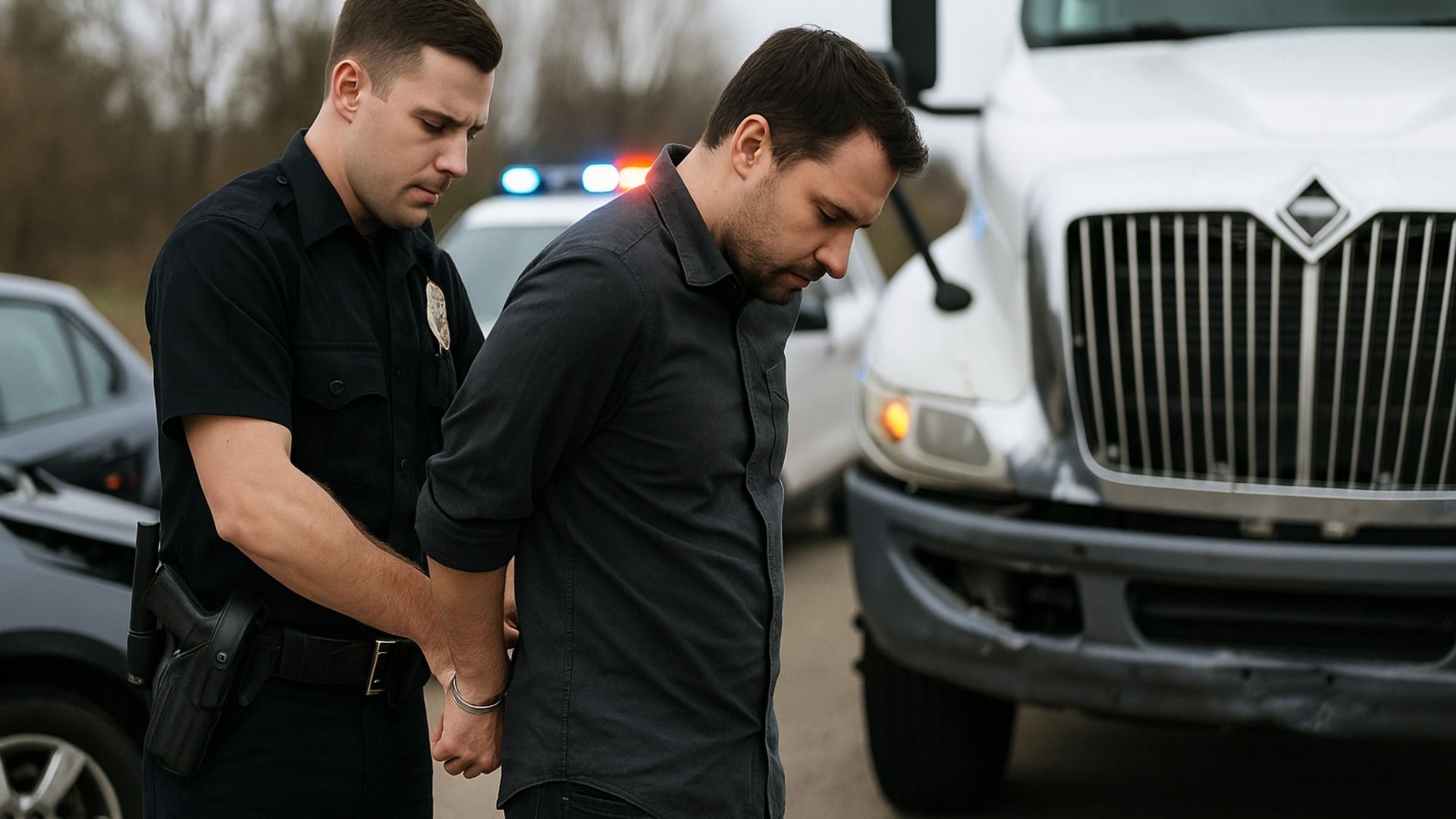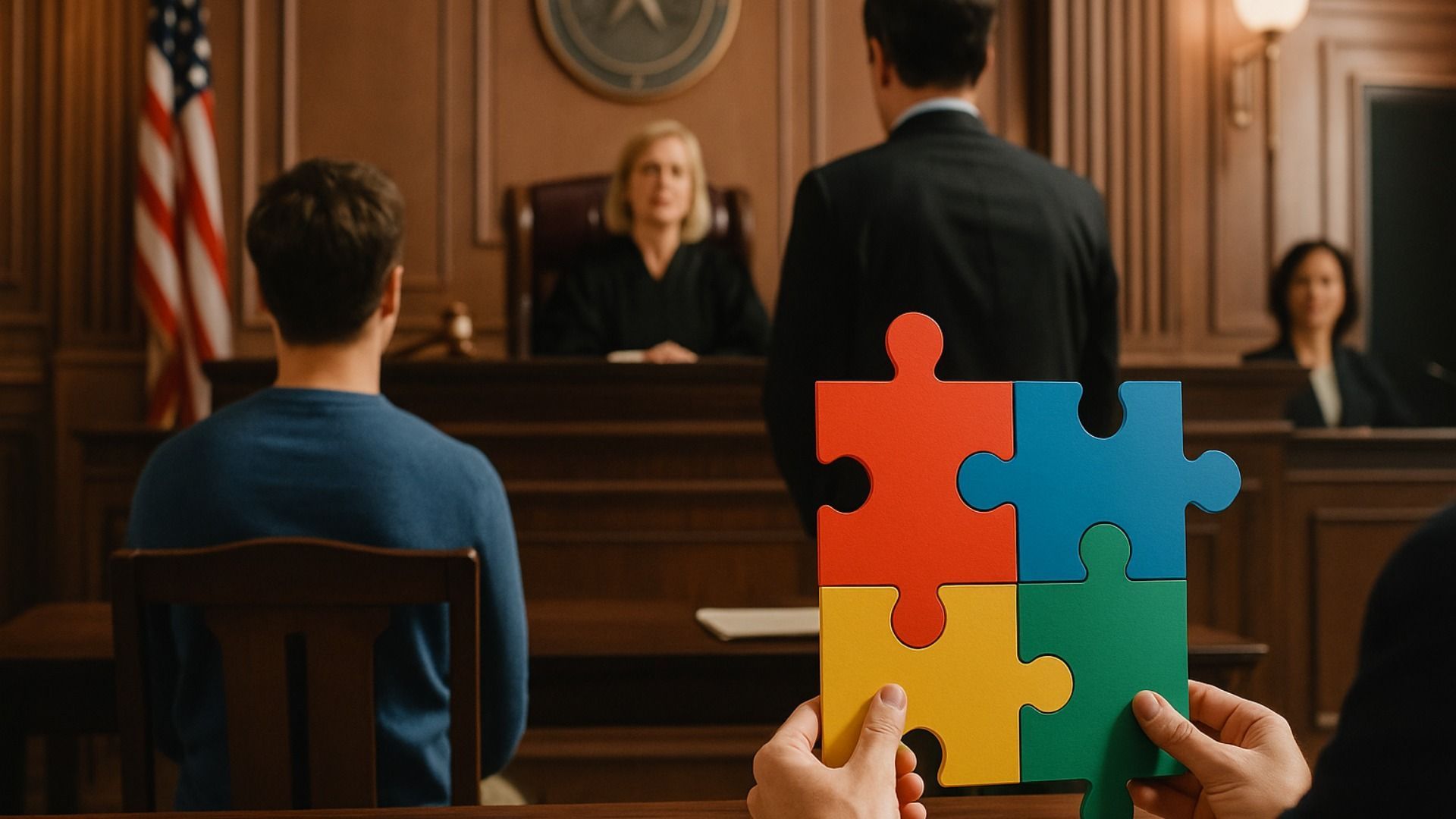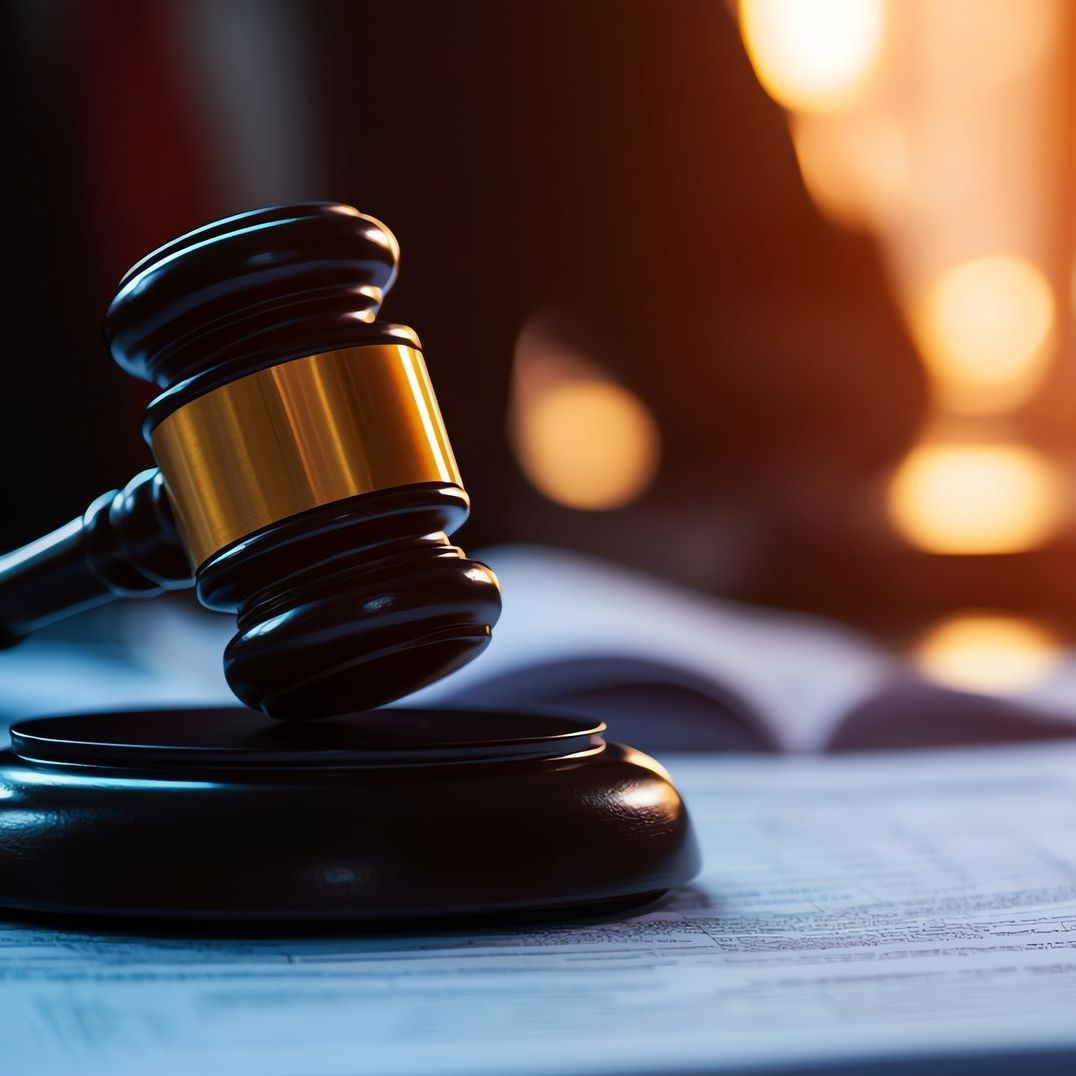Understanding Alabama’s Stand Your Ground Law
Understanding Alabama’s Stand Your Ground Law
Alabama’s Stand Your Ground law plays an important role in many criminal cases. This self-defense law provides legal protection to individuals who use force, including deadly force, to protect themselves or others from harm without first attempting to retreat.
Under Stand Your Ground, you are justified in acting in self-defense without retreating, but you can still face initial criminal charges for assault or another similar offense. You need an Alabama criminal defense attorney who knows how to present the Stand Your Ground defense properly to avoid a wrongful conviction. Contact Luck Law, LLC, today.
Basics of the Law
This law changed how many self-defense cases are handled in Alabama’s criminal justice system. It eliminates the duty to retreat and gives clear guidelines on when the use of force is justified.
The foundation of Alabama’s Stand Your Ground law is based on three basic requirements.
- First, the individual must be in a place where they have a legal right to be. This could be their home, workplace, public place, or any other place where they are lawfully allowed.
- Second, the person must not be engaged in any illegal activity at the time of the incident.
- Third, there must be a reasonable belief that someone is using or about to use deadly physical force against them.
When these conditions are met, the law provides strong legal protection for protecting oneself. Individuals who use force in self-defense get immunity from prosecution and civil lawsuits. This is a significant departure from traditional self-defense laws; it often prevents criminal charges to begin with.
The Duty to Retreat is Eliminated
One of the most significant changes in Alabama’s Stand Your Ground law is eliminating the duty to retreat. Historically, self-defense laws required individuals to retreat from a dangerous situation if they could do so safely before using force.
Legal Process and Burden of Proof
When someone claims Stand Your Ground, they must follow a specific process. The defendant must file a motion with the court to assert their immunity under the law. This filing triggers a pre-trial hearing, where the defendant must present evidence to support their claim of self-defense. The burden of proof is on the defendant to prove by a preponderance of the evidence that they used force legally.
Law Enforcement Investigations
When force is used in self-defense, law enforcement officers will investigate the incident to determine whether it is lawful. The investigation will include examining physical evidence, interviewing witnesses, reviewing surveillance footage if available, and analyzing the circumstances of the incident.
The findings of this investigation will play a significant role in deciding if the prosecutor files charges and a Stand Your Ground defense will work.
Important Exclusions: Examples
Again, Stand Your Ground has some important exclusions to prevent abuse. Someone who triggers a confrontation cannot use this doctrine. That means if you start a fight or provoke violence, you can’t claim self-defense under the Stand Your Ground law.
Additionally, protection is unavailable to those committing a crime when the confrontation happens. This exclusion prevents criminals from using the law as a shield while committing a crime. The location requirement is also strict. If someone is in a place where they are not supposed to be, like trespassing on private property, they can’t claim Stand Your Ground.
Speak to an Alabama Criminal Defense Lawyer Immediately
If you’ve been involved in an incident where you felt an imminent threat, you should speak to a criminal defense lawyer who has raised self-defense successfully. Contact a criminal defense lawyer at Luck Law today for a consultation.














